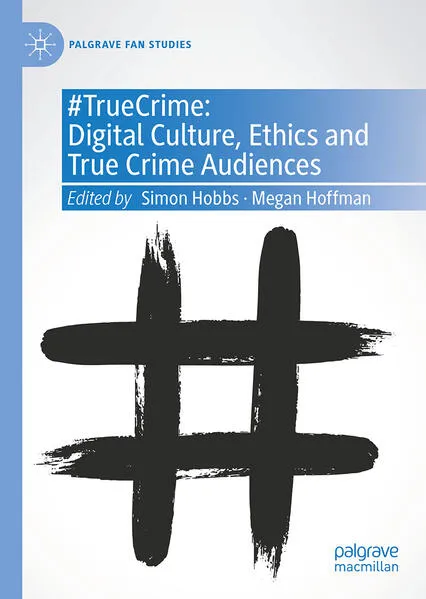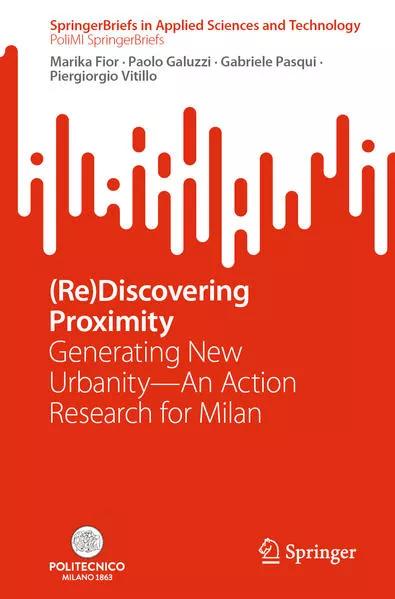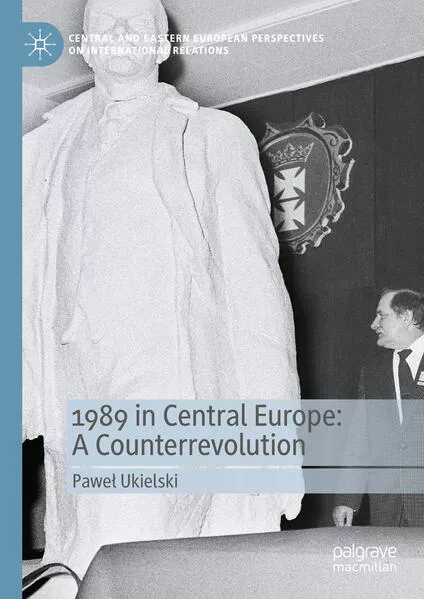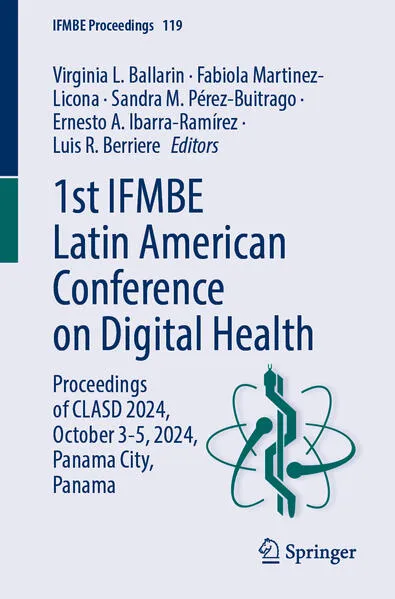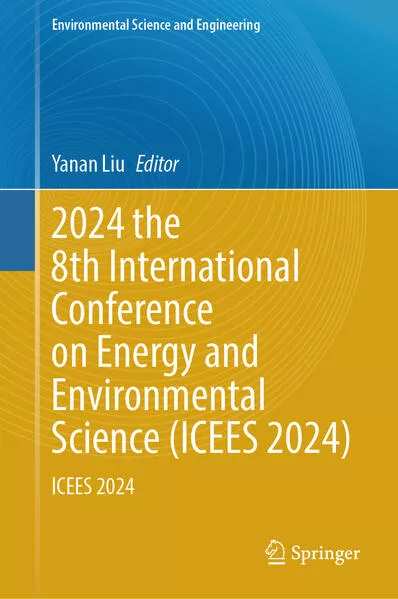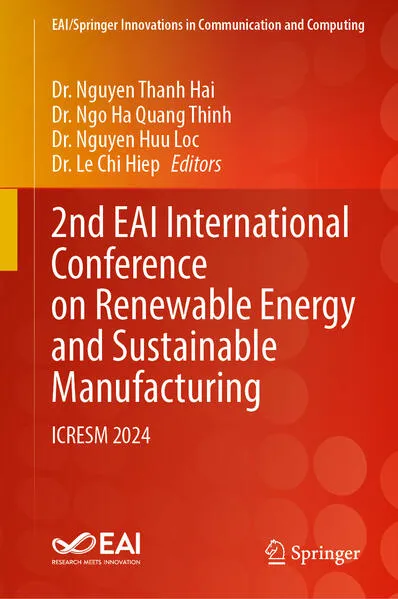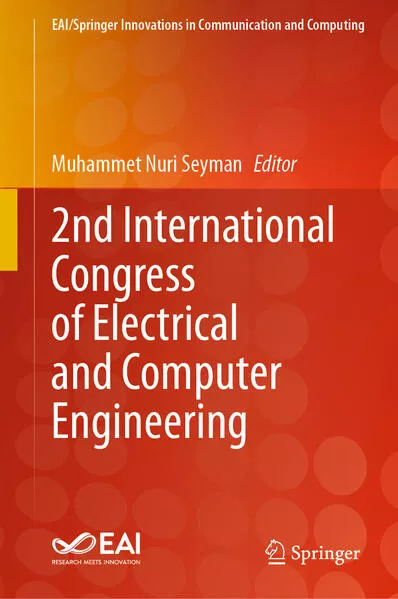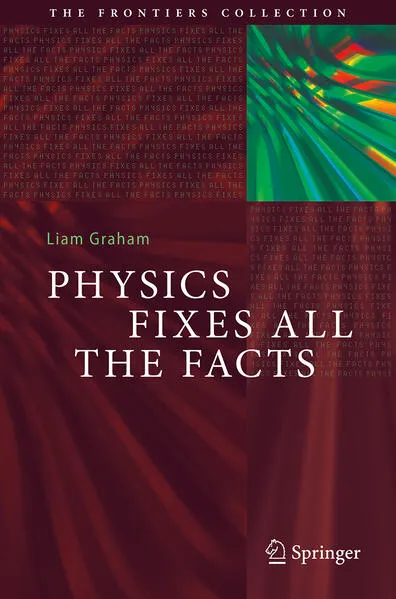
Physics Fixes All the Facts
Complex systems seem to magically emerge from the interactions of their parts. A whirlpool emerges from water molecules. A living cell from organic molecules. You emerge from the cells of your body. Not since chaos has a concept from physics spread like wildfire to other disciplines. Emergence can be found from chemistry to economics; from psychology to ecology. At its heart is the alluring idea that there’s more to the world than physics, that there is a holistic component to nature, an edge of mystery.
“Physics Fixes All the Facts” starts by taking you on a tour through a fascinating world of complexity, exploring phenomena from the inside of an atomic nucleus to bacterial behaviour to the ability of your thoughts to affect the world. These examples are used along with a thorough exploration of the philosophical literature to untangle the notoriously poorly defined concept of emergence. This reveals something surprising: the term emergence is redundant. In its weak form it is so weak that it applies to everything. In its strong form it is so restrictive that it is like the belief that there are pixies in your garden, impossible to exclude but not worth spending your time on. Emergence either applies to all systems or to none. Rather than telling us something about the nature of the world, it is an illusion, an artefact of our cognitive limitations.
The past decade has seen a dozen or so monographs and collections about emergence, almost all resolutely supportive of the concept. This book aims to redress the balance. But it is more than just a campaign against the idea of emergence. Graham presents a framework called Austere Physicalism and argues that it is the only coherent way to view the world. He uses this framework to reinterpret so-called emergent phenomena and investigates its wider implications for science. In this radically materialist view, we are nothing but physical systems among others. “Physics Fixes All the Facts” ends by exploring what this means for our sense of free will and consciousness.
The book will appeal to academics in fields which use the concepts of complexity or emergence. Scientists and philosophers alike will find unexpected and exciting ideas in these pages. But the target audience is much broader including students who want to add context to their studies and the intellectually curious with some scientific background.
Unterstütze den lokalen Buchhandel
Nutze die PLZ-Suche um einen Buchhändler in Deiner Nähe zu finden.
Bestelle dieses Buch im Internet
| Veröffentlichung: | 20.01.2025 |
| Seiten | 326 |
| Art des Mediums | E-Book [Kindle] |
| Reihe | The Frontiers Collection |
| ISBN-13 | 978-3-031-69288-8 |
| ISBN-10 | 3031692888 |
Über den Autor
“Do we need more than physics to understand the world?” Liam Graham first asked himself this question as a teenager and it has been the driving force behind his career ever since. After a degree in Theoretical Physics at Cambridge and a master’s in Philosophy at Warwick, he eventually found economics to be an appealing middle ground and completed a PhD at Birkbeck College, London. To pay the rent, he taught English, developed and sold trading software and was the numbers’ guru for a boutique finance house.
Liam’s 15 year academic career was mostly spent as an Associate Professor at University College London, working in one of Europe’s top Economics departments. His research involved building mathematical models of an extremely complex system, the macroeconomy, and his work was published in all the top macroeconomics journals. Whether working on philosophy or economics, he never stopped reading science and exchanging with scientists. In 2018 he left UCL to concentrate on his original question and the wide-ranging, multidisciplinary and endlessly fascinating project it has become. His first book, “Molecular Storms: the Physics of Stars, Cells and the Origin of Life” was published by Springer Nature in 2023.
Diesen Artikel teilen
0 Kommentar zu diesem Buch
.... weitere Publikationen von Springer International Publishing
Kinderbuch »Lasse und Juna - Total versteinert!« – Wikingerabenteuer mit Mut, Freundschaft und Entdeckergeist
Bewerbungsfrist bis zum: 05.03.2026



